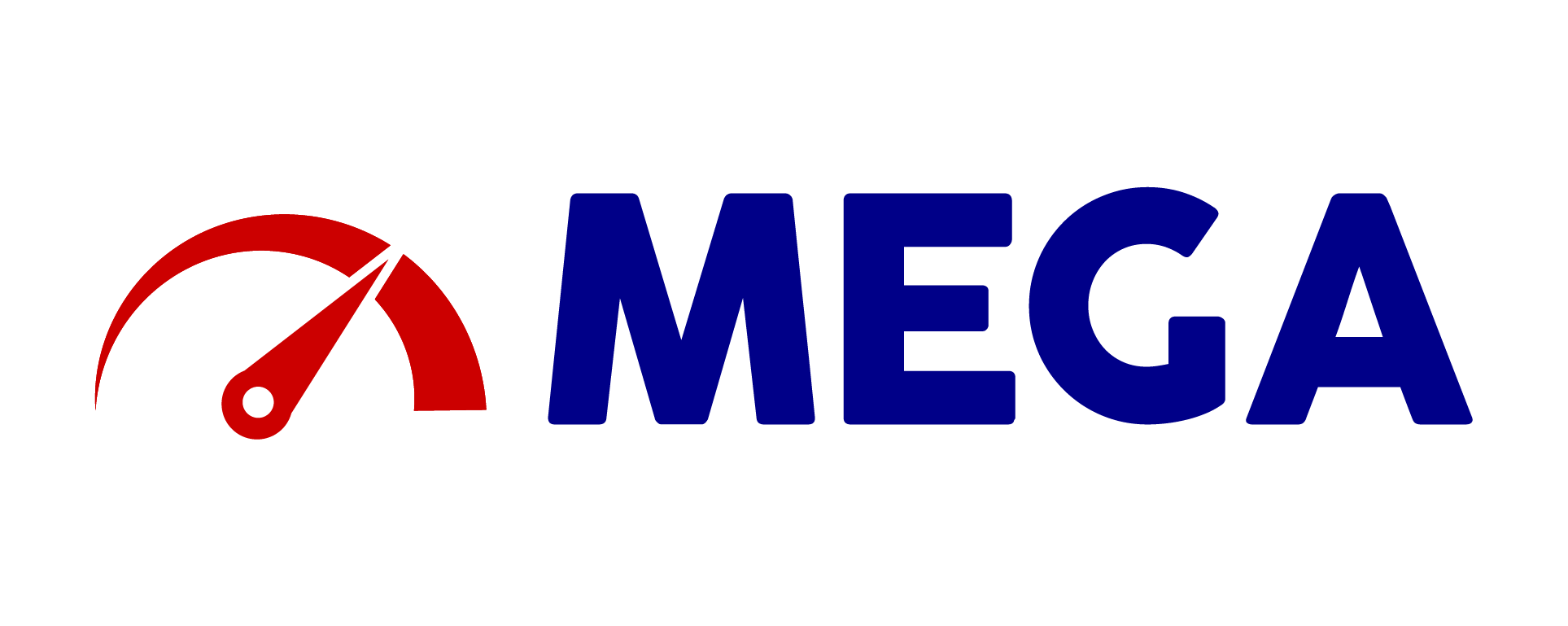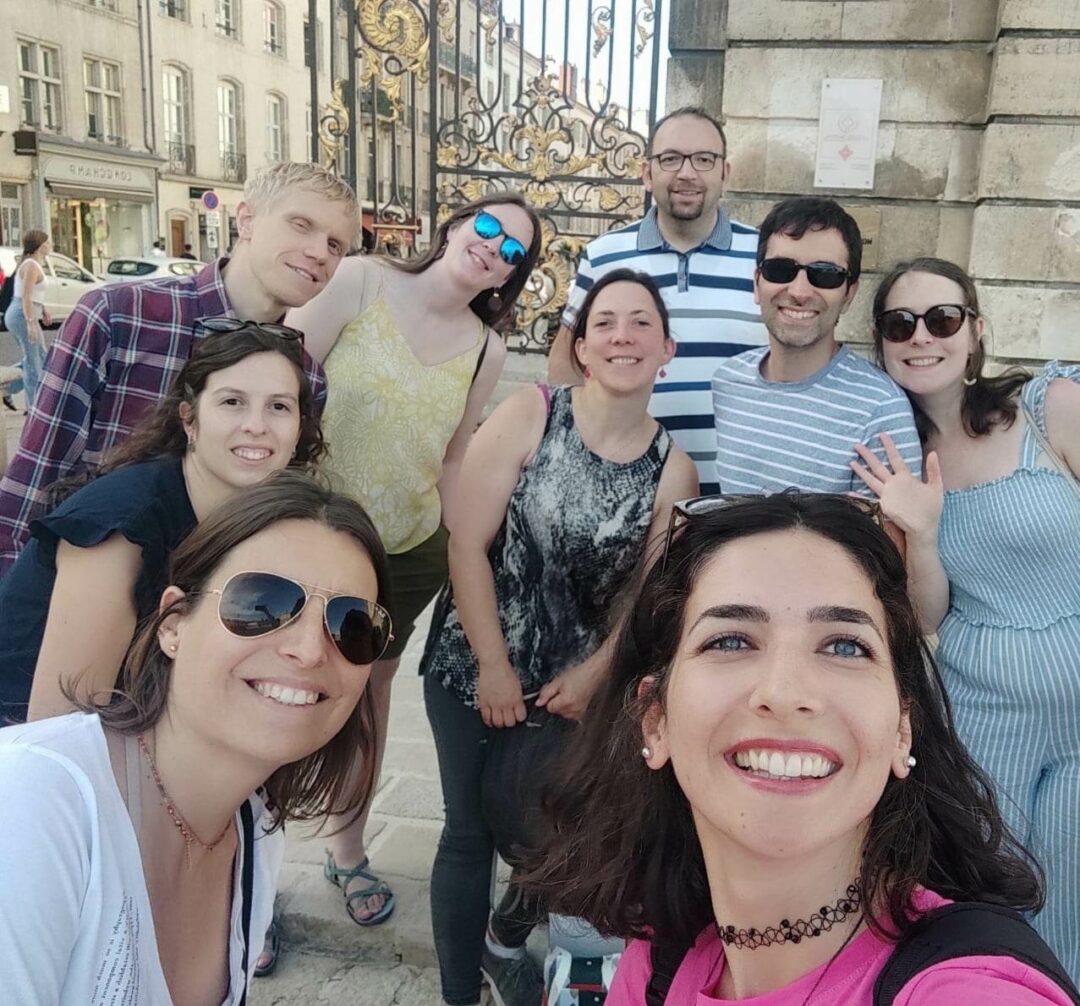On July 4th-5th 2022, the partners of the MEGA project met in Nancy, France.
Presentation and analysis of the survey – Students and International Relations Offices
One of the first objectives of the meeting was to share the first findings of the Methodological guidelines for student grant distribution (PR1). Based on a questionnaire disseminated with students, International Relations Offices (IROs) at universities and Erasmus+ National Agencies, it aimed to understand the different realities of the Erasmus+ grant payments, as well as understand the challenges that can be overcome.
The leaders of the PR1, Mendel University and Selçuk University, defined the methodology they used for the realization of the survey, as well as the initial analysis of the results. Although the content of the survey was similar between the two stakeholder groups, it is worthwhile to compare the different perceptions on the same subjects.
Planning the next steps of the survey – Discussing with Erasmus+ National Agencies
After questioning students and International Relations Offices, the consortium planned their communication strategy with the different Erasmus+ agencies to understand their point of view.
Structuring the Proof of Concept – a digital solution to reduce delays in the payment of grants
The second day was dedicated to a workshop on the future structure of the Proof of Concept, from the starting point of the process to the end of the payment. Some trigger points already identified were:
- the delays in paperwork administration from IROs;
- the complexity of paperwork management from students; and
- the delay to calculate the final installment when the mobility period changes.
As each university uses different grant management tools and methods, it has then been concluded that the Proof of Concept should ease the process and be developed in a way that it can adapt to each institution. For example, the Western Norway University of Applied Sciences (HVL) demonstrated the internal platform in place, which could serve as a positive inspiration for the MEGA project.
Administrative and legal aspects remain to be investigated in order to adjust the solution to the rules of each country and each institution. Therefore, the next step of the project will involve legal, financial, as well as IT offices from partner institutions to draw a picture of the possibilities and limits of the system. This collaboration is key to ensure the feasibility and adaptability of the digital solution on a wider scale.
Launching the communication channels
To conclude, the EUF presented to the consortium the launch of the official project website and two logo proposals, which were put to a vote.

